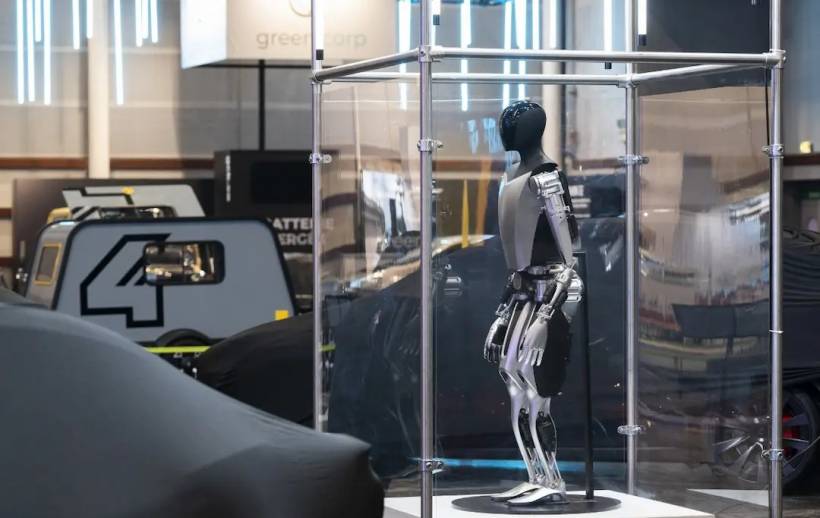Meta has conquered social media, dived into augmented reality, and thrown billions at AI—but now, it's shifting gears to something even more futuristic: AI-powered humanoid robots.
That's right. Mark Zuckerberg's empire isn't just about making sure you see cat videos and questionable targeted ads. It's now venturing into robots that (hopefully) act like humans and help with physical tasks—which is tech-speak for "maybe one day, they'll fold your laundry."
Meta's Game Plan: Robots, But Not Yet for Sale
According to insiders, Meta is investing heavily in humanoid robotics and has formed a new team within Reality Labs—its division that works on all things futuristic, like VR headsets and smart glasses. The plan?
So, if you were expecting a Meta-branded robo-butler, don't hold your breath. But in the future, robots powered by Meta's technology could be folding clothes and loading dishwashers in homes everywhere—just not yours anytime soon.
The Brains Behind the Bots
Leading this robotic revolution is Marc Whitten, who recently left his role as CEO of General Motors' Cruise self-driving car division. Before that, he was an exec at Unity Software (the gaming company) and Amazon. So, if these robots can drive themselves AND play video games, we know who to thank.
Meta's Chief Technology Officer, Andrew Bosworth, says their existing tech—hand tracking, always-on sensors, and AI computing—already lays the foundation for humanoid robots. In other words, the same software that makes Meta's VR avatars wave at you in the Metaverse could one day be telling a robot where to put your groceries.
Why Is Meta Doing This?
Meta isn't alone in the humanoid race. Apple and Google's DeepMind are also exploring robotics, and Tesla's Optimus is already in limited production, with a potential price tag of $30,000 per unit.
But Meta's approach is different:
The Challenges: Robots Are Harder Than They LookMeta execs admit that while self-driving cars use similar AI and sensors, humanoid robots are way more difficult to get right. Why?
What's Next?
Meta's goal is to create a robotics platform—kind of like how Android powers smartphones—where other companies can build robots using Meta's AI and software. They're also hiring around 100 engineers this year to push the project forward.
But don't expect these robots to hit the market anytime soon. Insiders say humanoids are still years away from being useful—and even longer before Meta's tech becomes the go-to standard for robotics.
For now, Meta is spending $65 billion this year on AI, infrastructure, and robotics—so clearly, they're serious about it. But whether this turns into the future of home assistants or just another overhyped tech experiment, only time will tell.
Final Thoughts: Should You Be Excited?
If Meta pulls this off, we might be looking at robots doing chores, assisting the elderly, or even working in customer service (sorry, humans). But for now, we're still in the early days of humanoid robotics, and your best bet for getting household tasks done is probably… yourself.
So, what do you think—game-changing innovation or another big tech dream that'll take decades to become reality? Let's hear your thoughts in our comment section below!






Comments